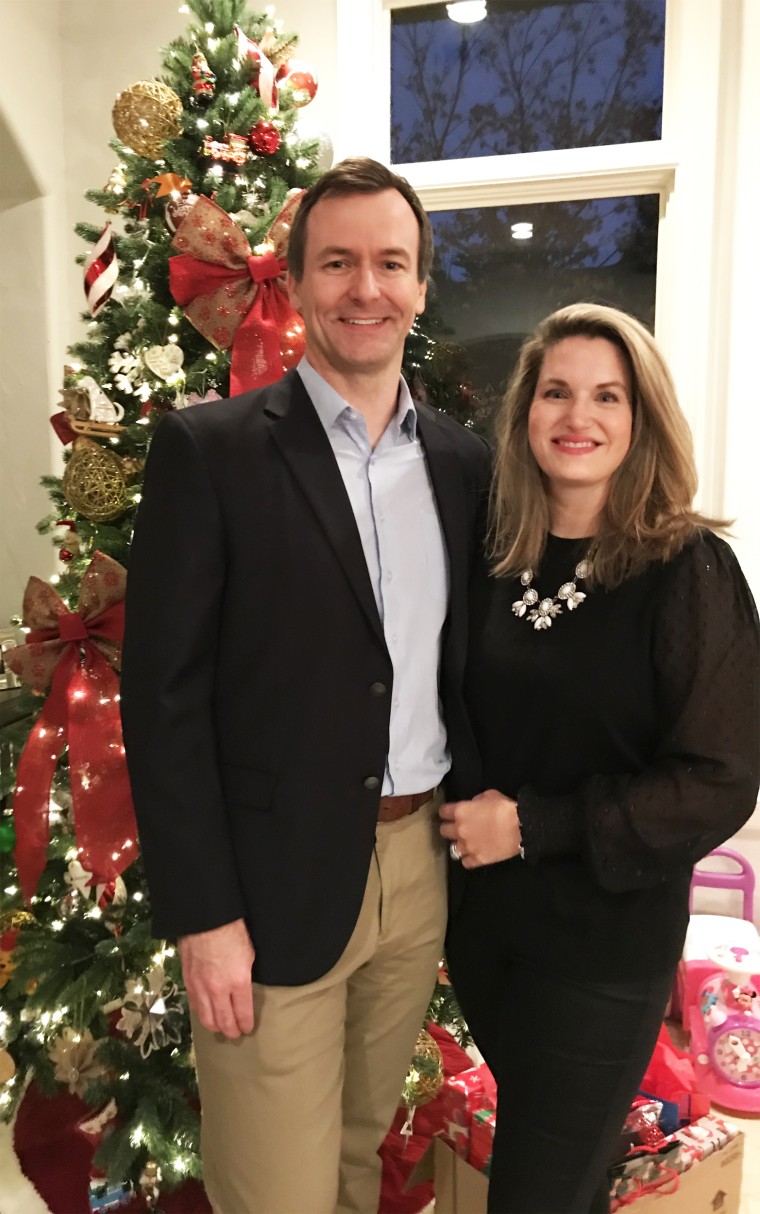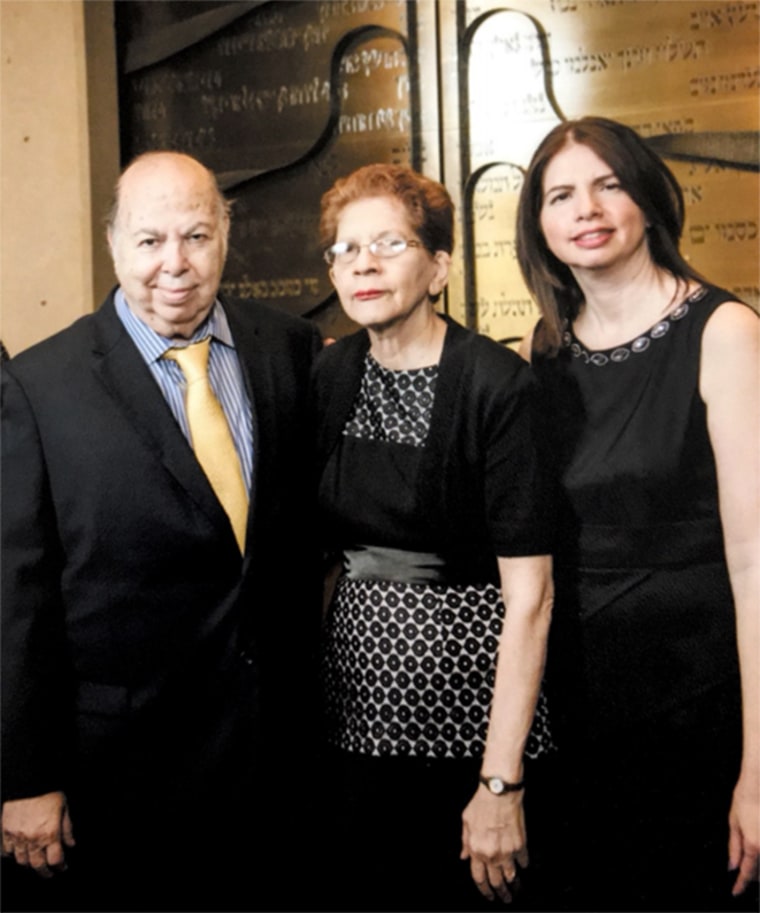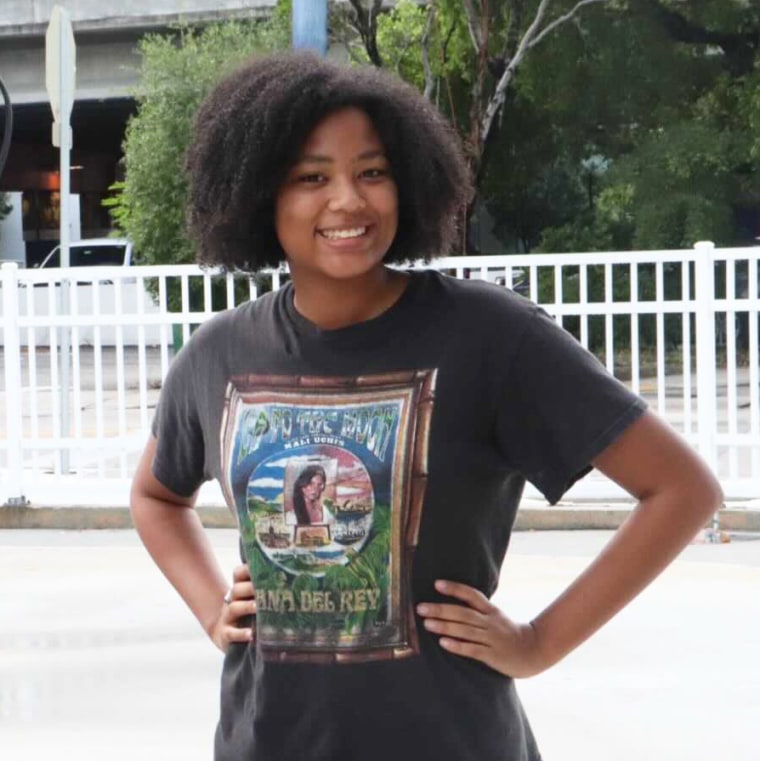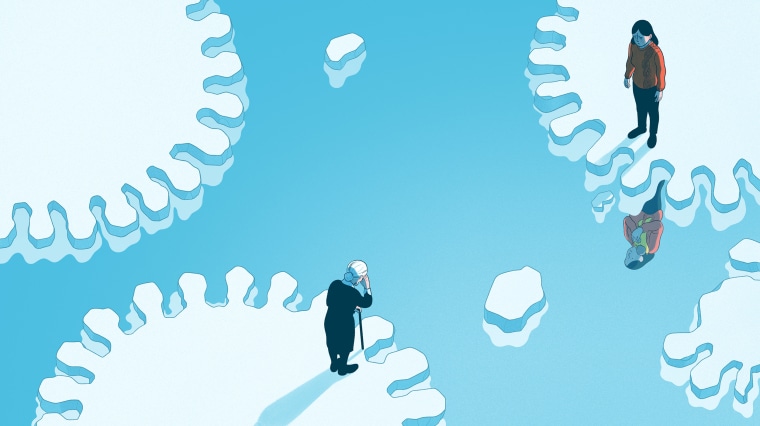The coronavirus pandemic forced millions of Americans to cancel major life events: weddings and anniversary celebrations, rites of passage and family events, graduation ceremonies and retirement parties.
But the outbreak also thwarted plans that cannot be easily rescheduled for the brighter months of 2021. In a way, Covid-19 behaved like a thief, stealing precious time that may be lost forever.
In recent weeks, NBC News spoke to people across the United States for whom 2020 might be described as a lost year. The pandemic kept them from growing their families, starting careers, visiting elderly loved ones both here and abroad. It deferred their dreams — and potentially reshaped the course of their lives.
The biological clock
When the year began, Amy Schmidt Zook and her husband, Jason, were hoping to try for a third child. Zook went through two rounds of in vitro fertilization, or IVF, a process in which an egg and sperm are combined into an embryo in a lab.
Zook was planning on starting a third round in March, when the American Society for Reproductive Medicine recommended halting new fertility treatments as Covid-19 spread. Zook, 44, learned that her fertility clinic was following suit.
She worried her time was running out. When the clinic reopened in May and Zook was able to embark on another round of treatment, the process did not yield any viable embryos.

“The time lost in the shutdown [may have] been literally the last embryos I made,” said Zook, who lives in Fort Worth, Texas. “I just knew … my eggs weren’t getting younger, and that was probably our last shot at it.”
Zook is one of thousands of people pursuing fertility treatments whose plans were upended by the pandemic — from women trying to conceive for the first time to parents hoping to expand their families.
Zook, an emergency room doctor who is currently staying at home, said she felt fortunate that she had been able to conceive a son and a daughter. She said she had hoped that a third child would help her family feel “complete.”
The halting IVF process, combined with the emotional toll of the pandemic, has left her feeling “hopeless,” especially because women seeking IVF treatment are frequently told by doctors that time is of the essence — and constantly reminded of their biological clock.
Full coverage of the coronavirus outbreak
“We’re obviously thankful for the little miracles we’ve been given,” Zook said. “It’s a weird situation, because you know that you’re super blessed to have what you have. But it doesn’t really change how you feel inside about what you wanted.”
Zook said she does not expect to continue IVF treatment even after the pandemic subsides.
“I think, especially after the shutdown and the roller coaster this year has been, it’s just not something we have the bandwidth for,” she said.
Elderly parents, painful separations
In the last five years, Sherryl Volkert was one of the main caregivers for her parents, Phillip and Maxine, who lived at an assisted living facility in Brooklyn Center, Minnesota. She saw them as often as she could, tending to their needs while working a full-time job.
But when the coronavirus spread across the Midwest, exacting a particularly steep cost on seniors and their families, the assisted living facility imposed restrictions on who could visit residents, and for how long.
In the early months of the pandemic, Volkert, 49, could not see her parents at all. By the summer, she was able to enter their unit just twice. Eventually, the facility said only one “essential caregiver” could enter a resident's apartment. (Volkert’s sister was given that status because her part-time job allowed her more flexibility.)

In recent months, Volkert’s access to her parents was limited to 20-minute “window visits.”
The facility’s staff would usher her parents into an empty room on the ground floor of the building. Volkert, standing outside, could see them through a pane of glass. It was virtually impossible for Volkert to hear her parents, so they communicated via cellphone.
Volkert is one of countless people across the globe whose access to loved ones has been severely curtailed by the pandemic, from immigrants who have been prohibited from seeing parents in foreign countries due to travel restrictions to grandparents unable to meet their newborn grandchildren in person.
In late November, Phillip, 82, and Maxine, 78, were diagnosed with Covid-19. It remains unclear how they became infected. Phillip initially seemed to be doing fine, but then he deteriorated rapidly. He died on Dec. 6. Maxine is in the process of recovering from the virus.
Volkert, along with her husband and two children, are now in mourning. They are grieving for both the loss of a family patriarch and stolen months of family togetherness — “the normal things we missed out on.”
“We weren’t able to celebrate Jewish holidays together: Passover, Rosh Hashanah, Yom Kippur, Hanukkah. I really wish we could have done things together in the summer. My dad loved fishing and he loved golfing,” Volkert said, fighting back tears.
“I lost my dad’s final nine months.”
‘Stuck in time’
Sasha J. Manning started the year dreaming of bustling movie sets and big cities.
In early May, Manning, 22, completed her final semester at the University of Miami, and the film major planned to move to Los Angeles or New York to work as a production assistant — the first steps toward achieving her goal of becoming a director.
But the pandemic quickly turned that sense of hope and anticipation into what she described as “a mixture of frustration, anger and sadness.” The spread of Covid-19 brought film and television production to a halt, throwing much of the entertainment industry into crisis.

Manning tried applying for what few job openings she could find. But she was often told that companies were locked in a hiring freeze. She is now trying to map out the next chapter of her life from her childhood home in Miramar, Florida.
“It really, really set back my goals because a lot of my friends are in [tech and engineering professions], so they already have their jobs and they're making their money,” she said.
In her area, Spanish-language television networks are in production on new projects, but they require crew members to be bilingual, and Manning only speaks English. She has managed to pick up some paid freelance photography gigs, though.
She fears that the longer she goes without working, the harder it will be for her to get a foothold in a fiercely competitive and rapidly evolving profession.
Manning is starting to come to grips with the sobering reality that her dreams won’t be realized this year — and may not be for some time. “Even if we have the vaccine [next] summer,” she said, the film and television business will probably come back slowly.
“I'm like, ‘OK, I need a Plan B,’” Manning said.
She has started applying to graduate schools in California and New York, hoping that when the film industry recovers, she will have a better chance at launching her career.
“I’m just stuck in time right now, living like I'm 16,” Manning said.




